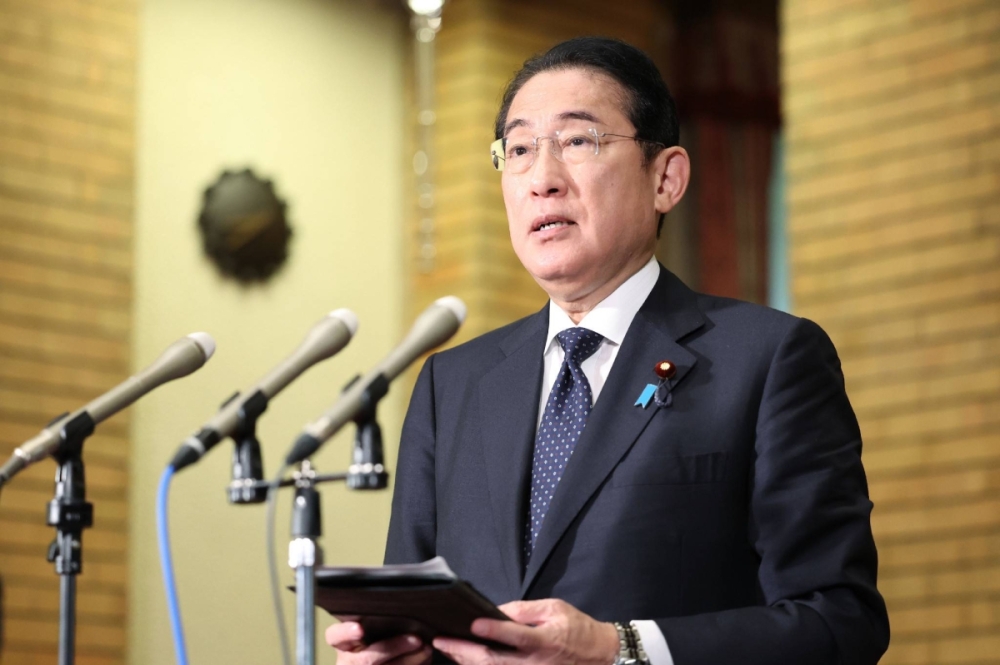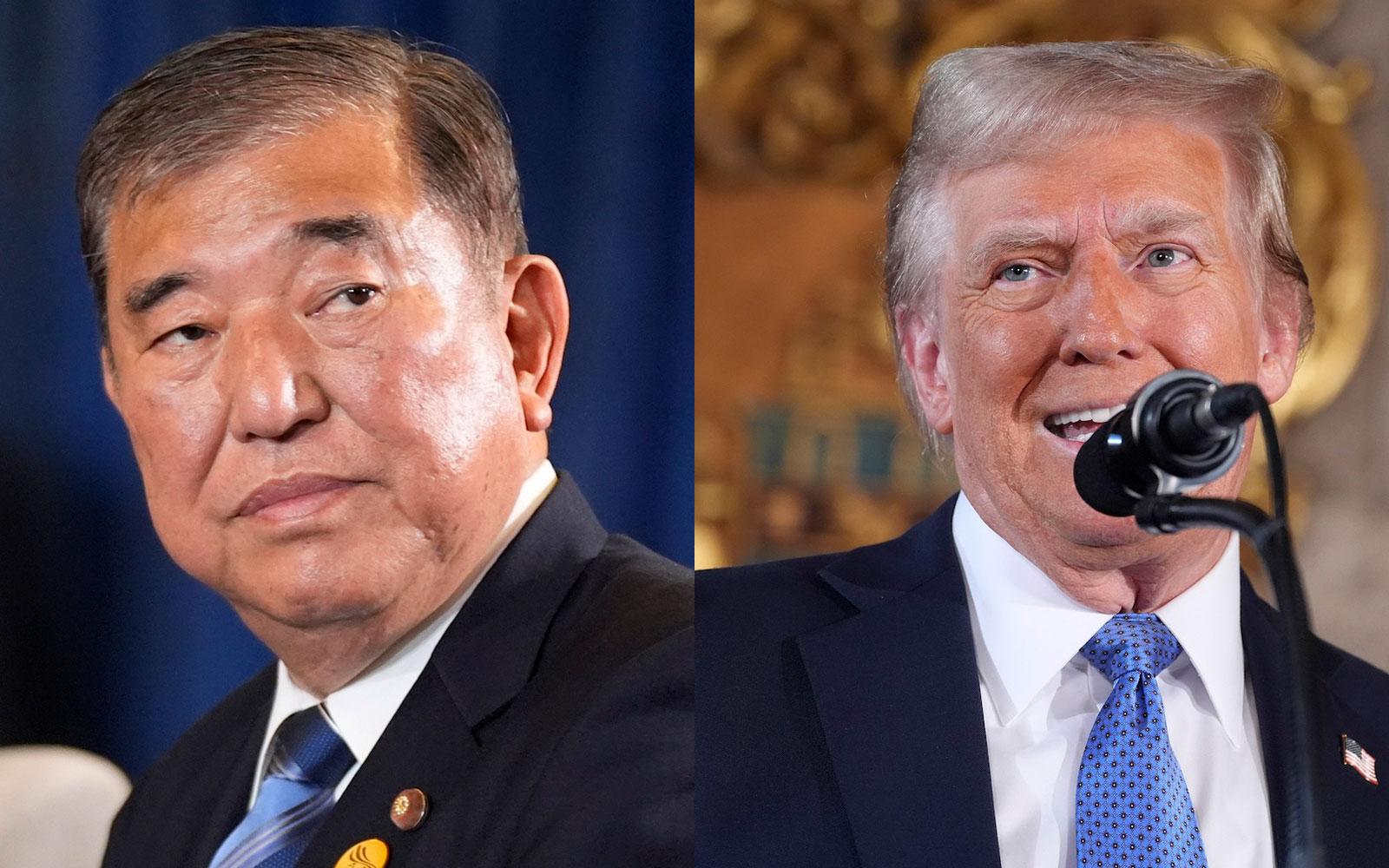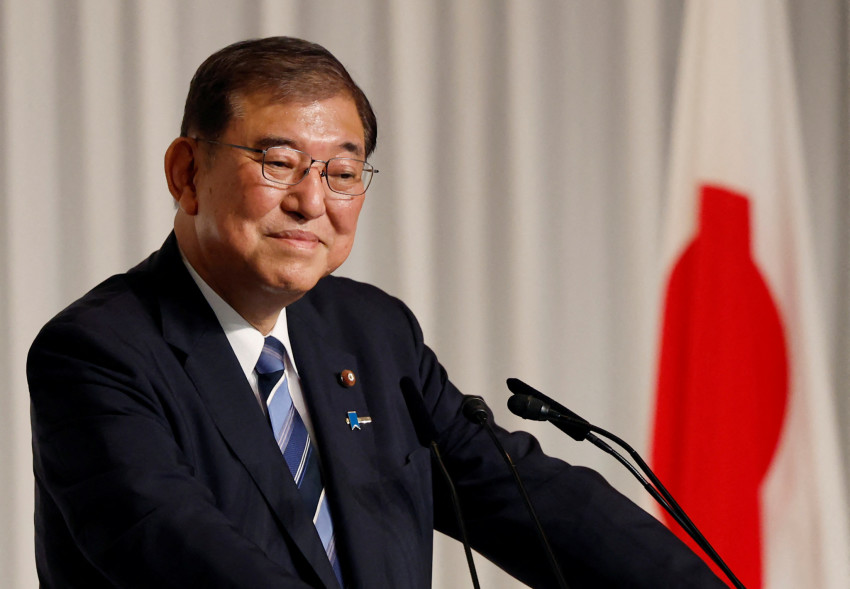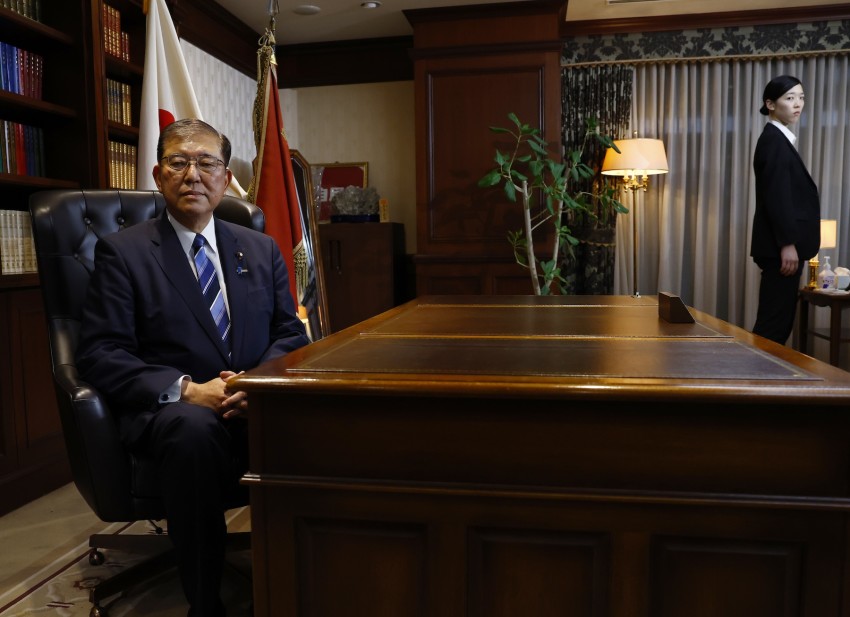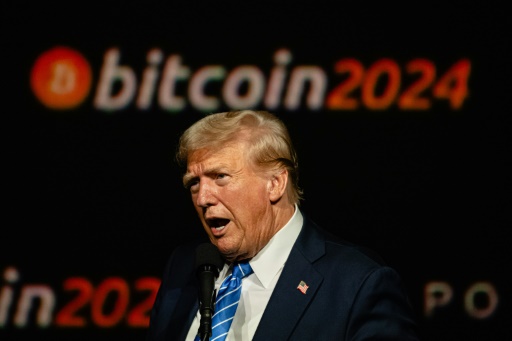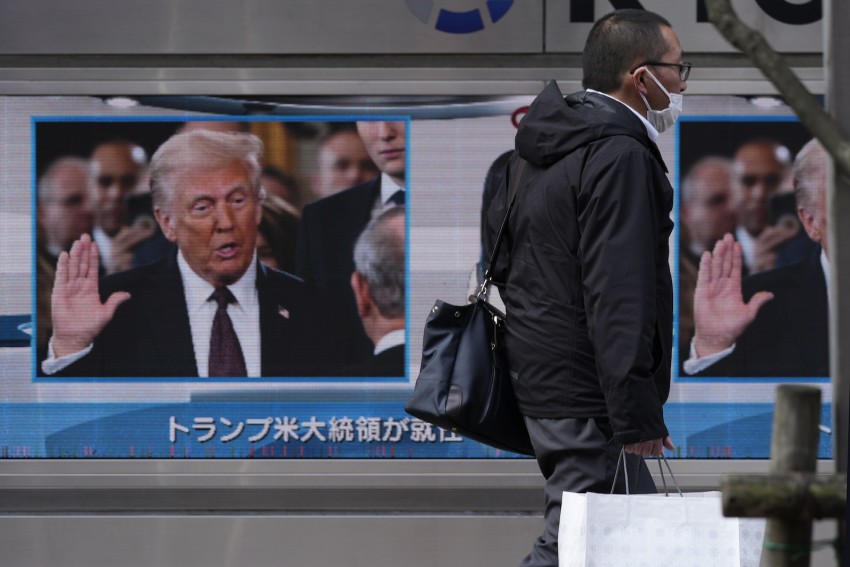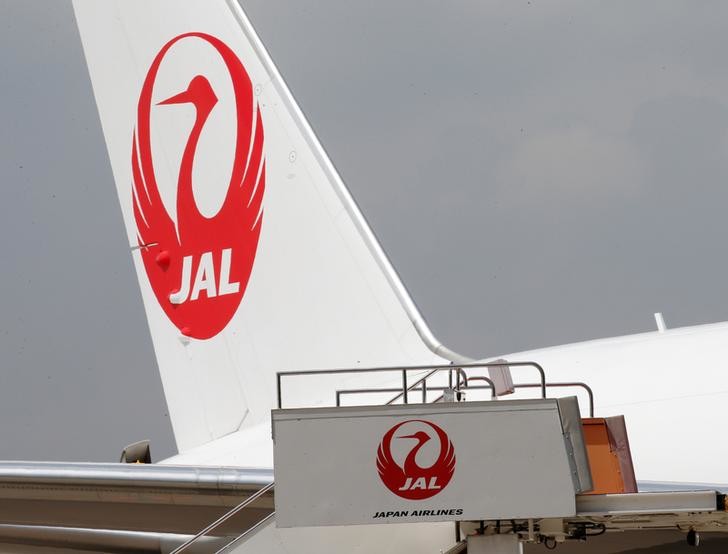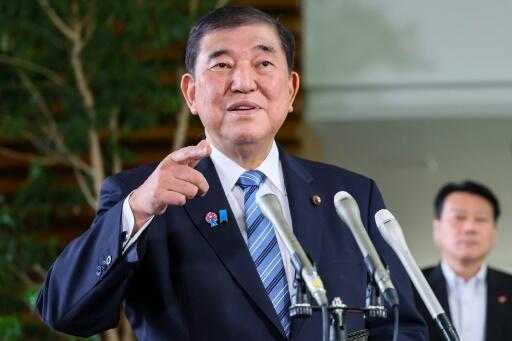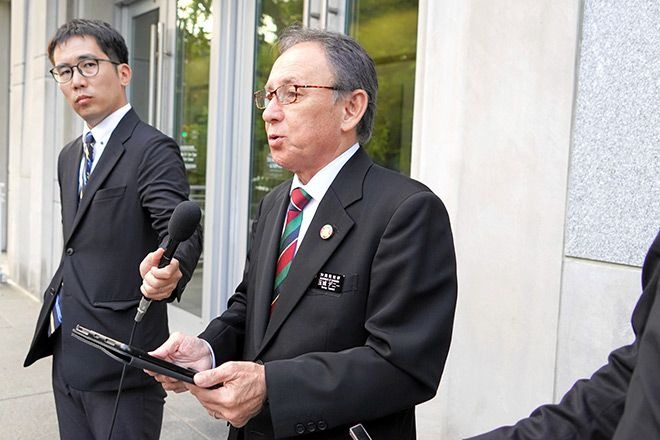Peruvian strongman Alberto Fujimori dies at age 86
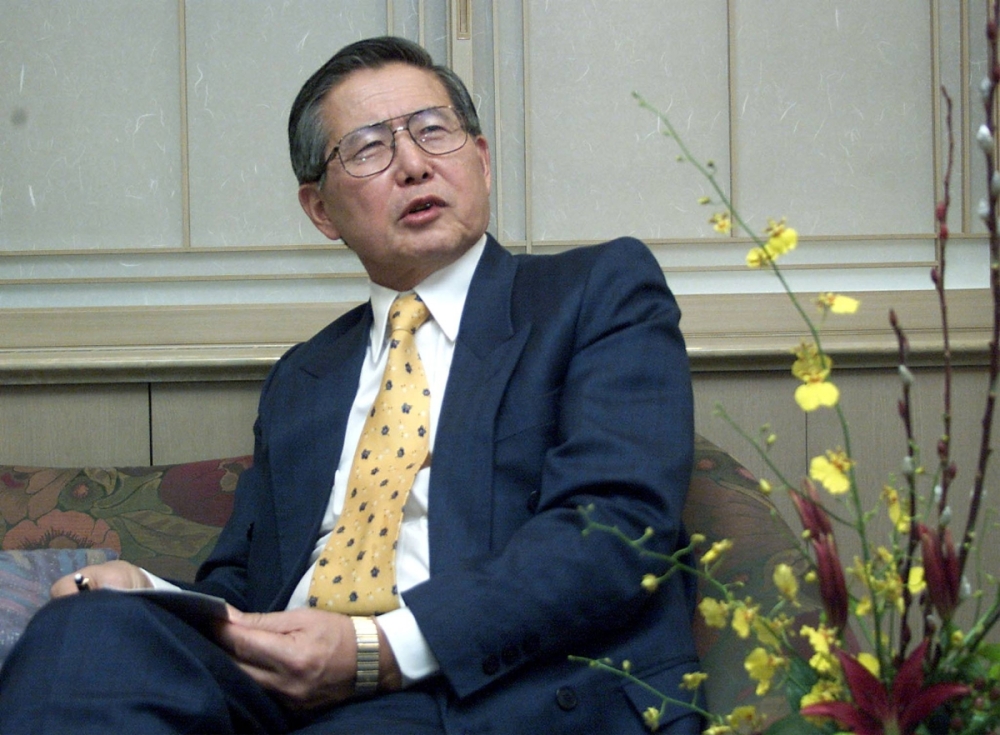
Alberto Fujimori, the former Peruvian president known for his controversial leadership, passed away at the age of 86 in Lima on Wednesday. Fujimori's life and career were marked by significant ties to Japan, a connection that played a crucial role in his later years. Born to Japanese immigrants, Fujimori fled to Japan in November 2000 to evade extradition to Peru, where he faced serious allegations of corruption.
Fujimori's departure from Peru came amid growing scandals. His administration was plagued by allegations of corruption, culminating in a major scandal when a close aide was caught accepting a bribe. This scandal, combined with mounting pressure and public outcry, led the Peruvian Congress to strip him of the presidency. The situation forced Fujimori to seek refuge in Japan, where he lived from 2000 to 2005.
During his time in Japan, Fujimori attempted to avoid the legal consequences awaiting him in Peru. His stay in Japan was a period of exile, reflecting both his desperation to escape justice and his complex relationship with his ancestral homeland. The Japanese connection was not just geographical; it was deeply personal, given that Fujimori's family background was rooted in Japanese heritage.
Fujimori’s return to Peru in 2005 was fraught with legal battles and controversy. Despite his return, his legacy remained contentious, reflecting a presidency characterized by both significant economic reforms and severe allegations of corruption and human rights abuses. Fujimori’s death marks the end of a complex and polarizing chapter in Peru’s political history, leaving behind a legacy that continues to evoke strong opinions and debates.

